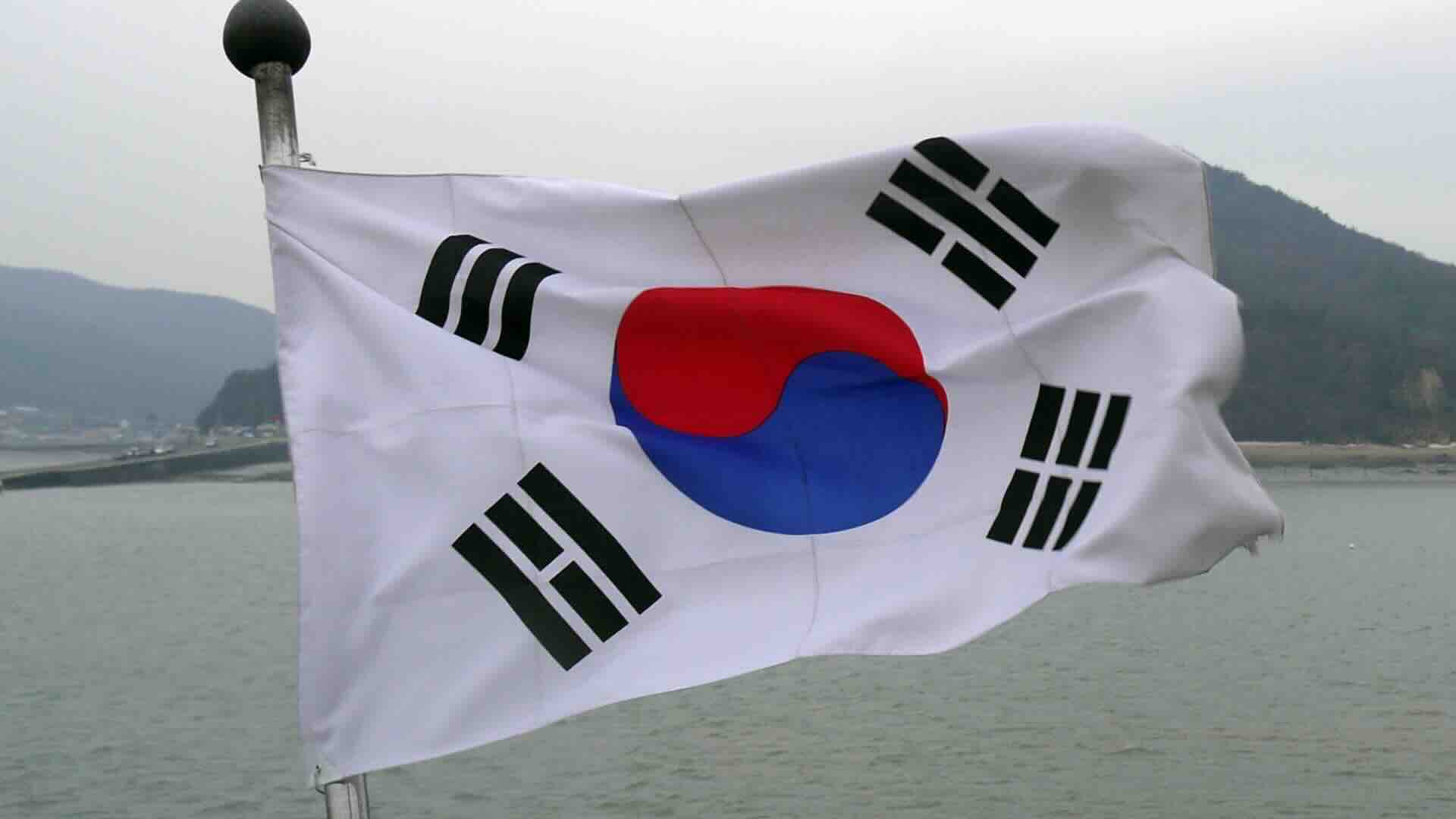South Korea makes historic move to finally recognise same-sex couples in census
Households headed by same-gender couples will now be able to select “spouse” and “cohabiting partner” on the Population and Housing Census
By Callum Wells

South Korea will, for the first time, recognise same-sex couples in its national census, marking a historic move by the government in recording household data.
The Ministry of Data and Statistics confirmed that households headed by same-gender couples will now be able to select “spouse” and “cohabiting partner” on the Population and Housing Census, which takes place every five years.
Until now, the system automatically rejected these answers. Rainbow Action Korea – a network representing 49 LGBTQ+ organisations – said that earlier versions of the census treated such entries as errors.
Same-sex marriage is still not permitted under South Korean law
“In past surveys, couples of the same gender could not select ‘spouse’ even if they lived together as such. The system would return an error,” the group said in a statement to Straits Times.
“This is the first step towards having LGBTQ+ citizens fully reflected in national data.”
Same-sex marriage is still not permitted under South Korean law. However, in 2023 the National Health Insurance Service (NHIS) began allowing cohabiting couples to access spousal benefits, following a landmark court case that was later upheld in 2024.
The ruling was described by campaigners as a “significant step” toward legal equality and seen as a potential precursor to marriage reform. The Justice Party, a progressive opposition group, welcomed the new census approach and called for further progress.
Legal protections for LGBTQ+ people remain limited
“The day will come when even transgender citizens are visible in national statistics,” a spokesperson said.
Despite gradual policy shifts, legal protections for LGBTQ+ people remain limited. Same-sex couples cannot adopt or serve openly in the military, and there is no national hate crime legislation. Trans people have been able to change their legal gender without sterilisation since 2020, though access to medical transition remains tightly controlled.
Public opinion remains divided. A May 2025 Ipsos poll found that 31 per cent of respondents identified as anti-LGBTQ+, while 51 per cent opposed same-sex public displays of affection. Even so, nearly a quarter of those surveyed described South Korea as a “good place” for LGBTQ+ people to live.
Rainbow Action welcomed the recognition of same-sex households but criticised the government for not doing enough to publicise the change, warning that limited awareness could reduce participation.
